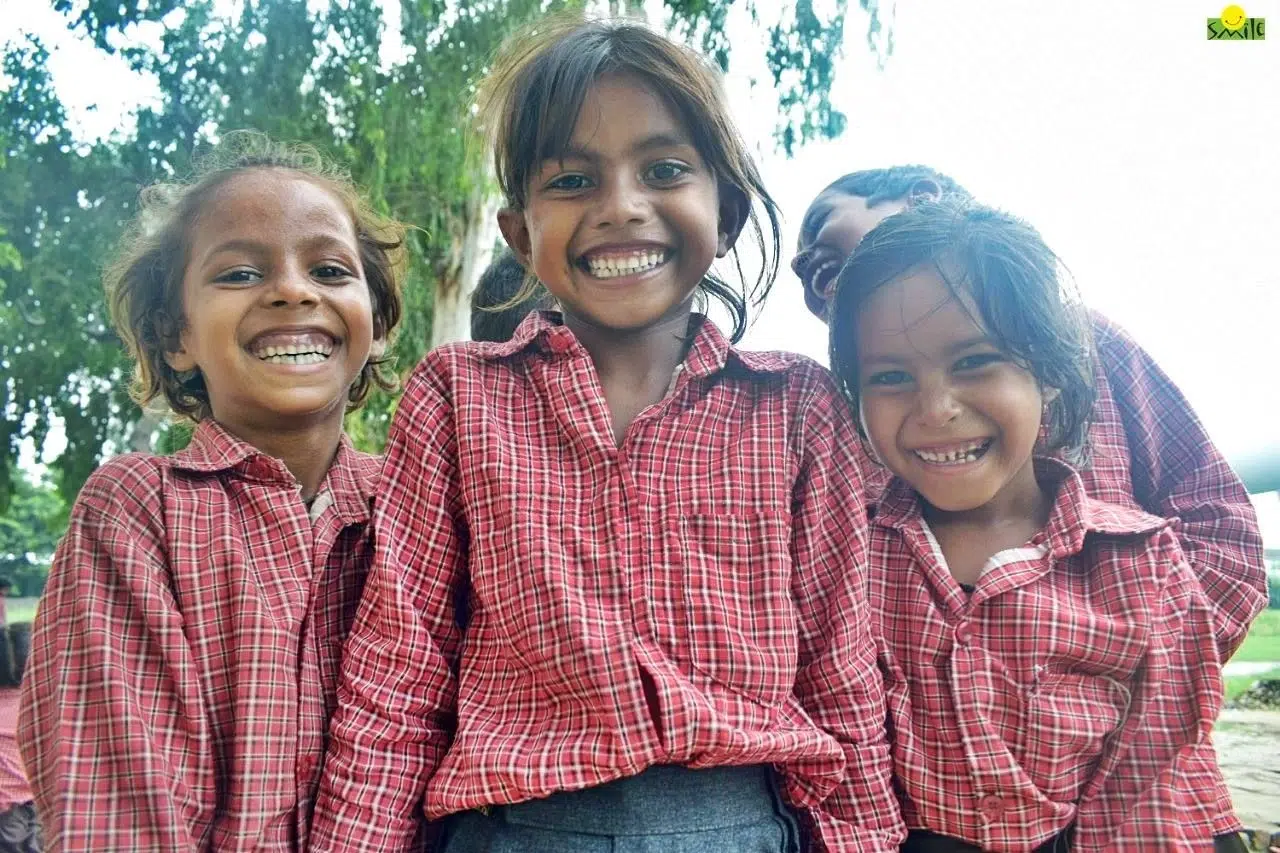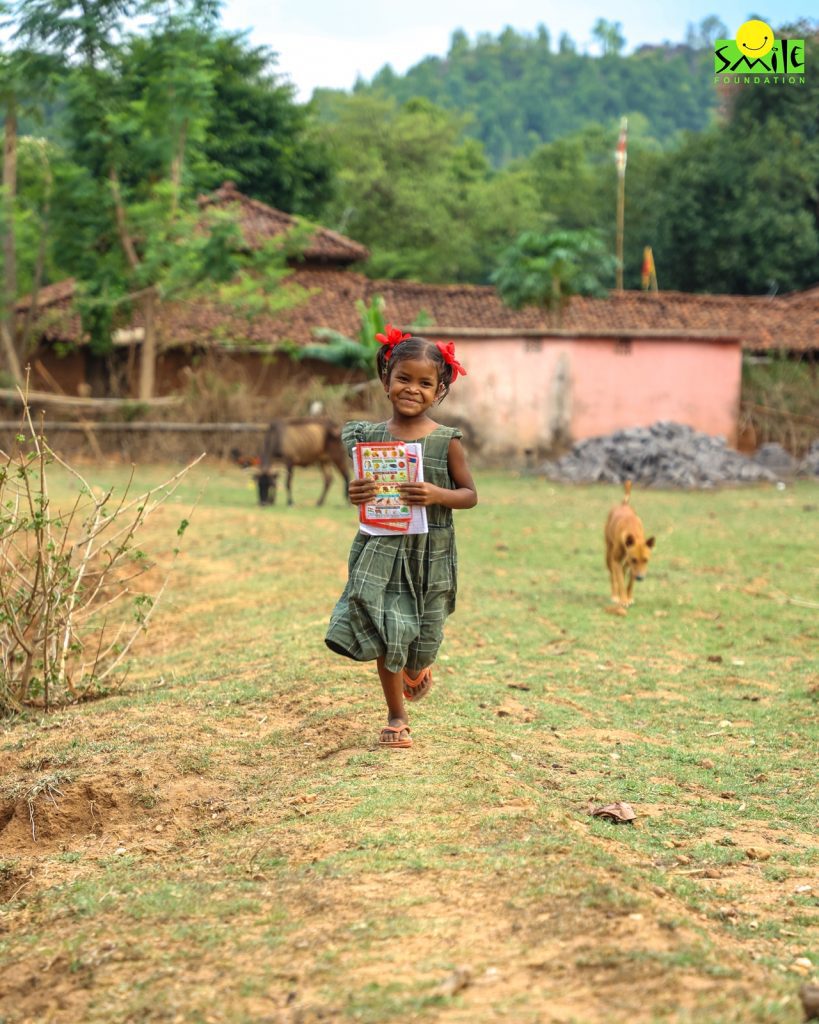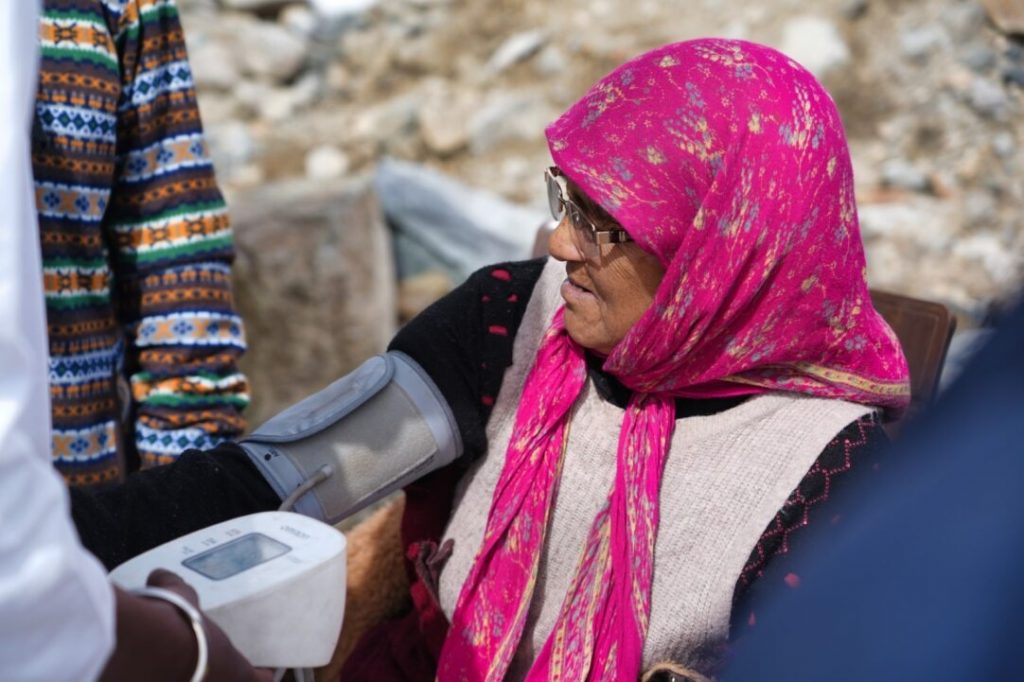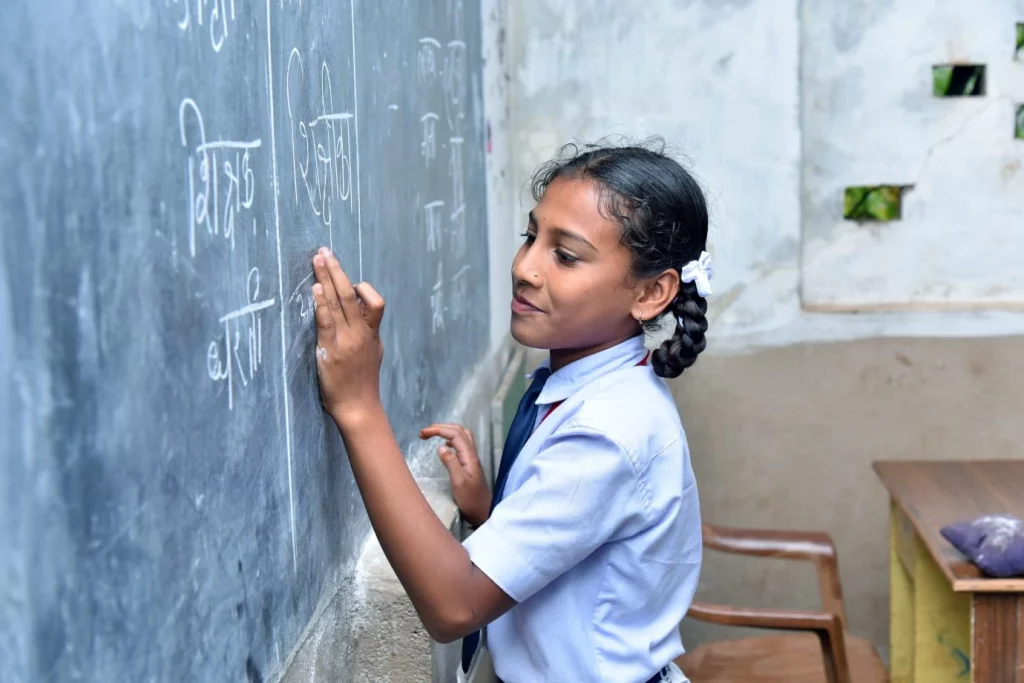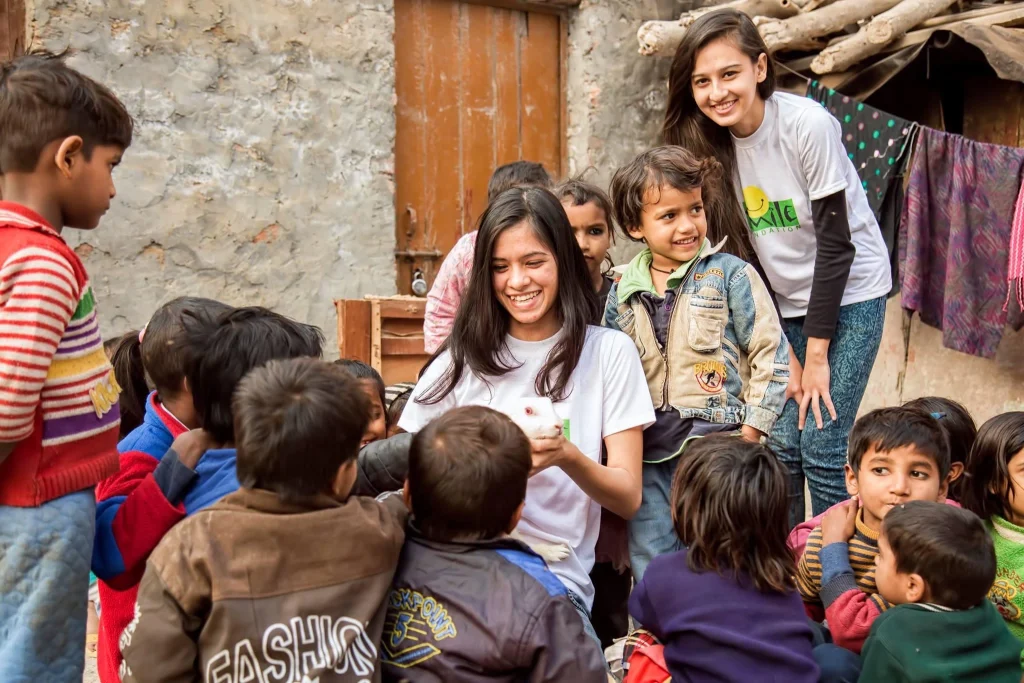A world increasingly characterized by socio-economic disparities have reasons for the seeds of empathy and social responsibility must be sown early. The Smile Foundation’s Child for Child (CFC) programme in India exemplifies how engaging children from privileged backgrounds can foster a more equitable society. By sensitizing young minds to the challenges faced by their less fortunate peers, CFC not only nurtures empathy but also lays the groundwork for a more inclusive future.
The science of empathy in children: A developmental perspective
Empathy, the ability to understand and share the feelings of others, is a critical component of social and emotional development. Research published in the ScienceDirect journal indicates that empathic concern begins to emerge in the second year of life, suggesting that early interventions can have a profound impact on a child’s capacity for empathy.
Children learn empathy through meaningful relationships and observing empathetic behavior in adults. By modeling kindness and providing opportunities for cooperative play, caregivers and educators can nurture empathy from a young age.
Bridging socio-economic divides through early engagement and empathy in children
Launched in 2006, the CFC programme’s core objective is to instill a sense of social responsibility among privileged children by exposing them to the realities of low-income communities. Through interactive sessions, workshops, and storytelling, CFC encourages children to reflect on their own privileges and understand the importance of contributing to societal well-being.
This approach aligns with findings which emphasize the role of early experiences in developing empathy. Children who engage in cooperative activities and observe empathetic behavior are more likely to exhibit caring behaviors themselves. By providing opportunities for privileged children to interact with and understand the lives of their underprivileged peers, CFC fosters a generation that values compassion and inclusivity.
The “Child for Child” Initiative: A Three-Pronged Approach
The CFC programme operates on a comprehensive model targeting three key stakeholders:
- Children: Through interactive sessions and workshops, children are introduced to concepts of empathy, social justice, and community engagement. These sessions often include storytelling, role-playing, and discussions on real-life scenarios to foster emotional intelligence.
- Educators: Teachers are provided with training and resources to facilitate conversations around empathy and inclusivity in the classroom. Workshops focus on integrating value-based education into existing curricula, aligning with the National Education Policy (NEP) 2020’s emphasis on holistic development.
- Parents and Caregivers: Recognizing the pivotal role of families in shaping children’s values, the programme engages parents through webinars and communication tools, encouraging them to reinforce empathetic behaviors at home.
Impact and Reach: Quantitative and Qualitative Outcomes
Since its inception, the CFC programme has made significant strides:
- Engagement: Over 3,00,000 children have participated in the programme across 1,500+ schools nationwide.
- Value Education Sessions: More than 2,500 sessions have been conducted, focusing on ethical values and social awareness.
- SIFFCY: The Smile International Film Festival for Children and Youth (SIFFCY), an extension of the CFC initiative, has showcased over 100 critically acclaimed films to more than 5,000 students, promoting discussions on global issues and moral dilemmas.
Qualitative assessments of the children indicate a positive shift in students’ attitudes, with increased participation in community service and a heightened sense of social responsibility.
Policy implications and the role of social-emotional learning
The success of programmes like CFC underscores the importance of integrating social-emotional learning (SEL) into educational curricula. SEL not only enhances academic performance but also equips students with the skills necessary to navigate complex social environments. According to a meta-analysis published in Child Development, SEL interventions are associated with an 11-percentile-point gain in academic achievement.
Moreover, SEL programmes have been linked to reductions in aggression and improvements in social behavior, making them a valuable tool in promoting a more harmonious society. By incorporating SEL into national education policies, governments can foster a generation of empathetic, socially responsible citizens.
Cross-sector collaboration: A blueprint for sustainable change
The CFC programme’s success is not solely attributable to its curriculum but also to its collaborative approach. By partnering with schools, educators, and parents, Smile Foundation ensures that the message of empathy permeates every aspect of a child’s environment. This holistic strategy aligns with the role of caregivers and educators in modeling empathetic behavior.
Furthermore, the programme’s engagement with partners for funding and resource support exemplifies the potential of cross-sector collaboration in driving social change. By leveraging the strengths of various stakeholders, CFC creates a sustainable model for fostering empathy and social responsibility among children.
Cultivating a compassionate future
The current times marked by increasing polarization and inequality needs programmes like the Child for Child programme that instills empathy and social consciousness in children from a young age. This way we can cultivate a more compassionate and equitable society. The integration of SEL into educational policies, coupled with collaborative efforts across sectors, can amplify the impact of such programmes.
As we look to the future, it is imperative that we invest in the emotional and social development of our children. By doing so, we not only enrich their lives but also lay the foundation for a more just and empathetic world.

